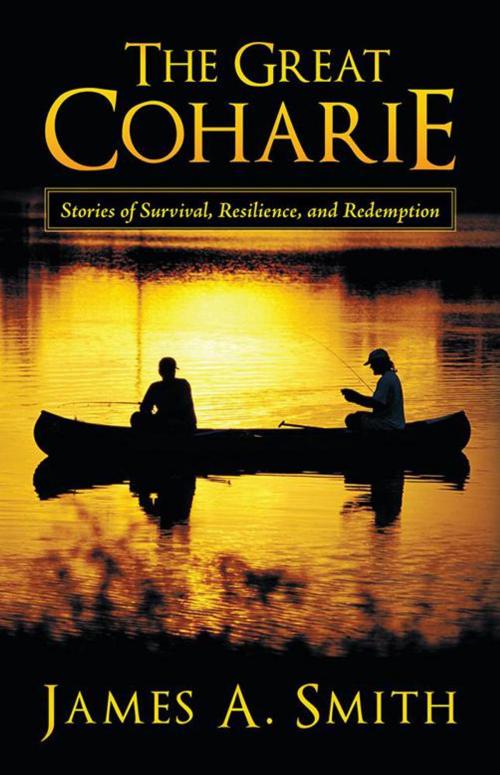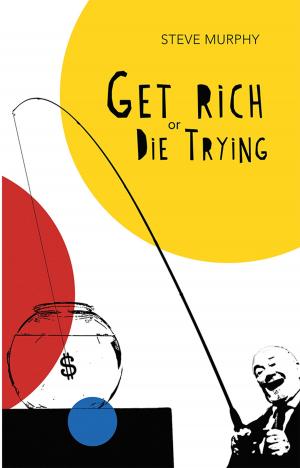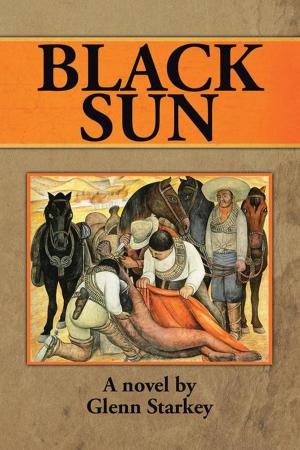The Great Coharie
Stories of Survival, Resilience, and Redemption
Nonfiction, Family & Relationships, Family Relationships, Abuse| Author: | James A. Smith | ISBN: | 9781458207784 |
| Publisher: | Abbott Press | Publication: | November 12, 2013 |
| Imprint: | Abbott Press | Language: | English |
| Author: | James A. Smith |
| ISBN: | 9781458207784 |
| Publisher: | Abbott Press |
| Publication: | November 12, 2013 |
| Imprint: | Abbott Press |
| Language: | English |
The Great Coharie River, named for an Indian tribe, became a place of retreat and solitude for author James A. Smith. This was where he felt at ease and could become one with nature. It was the place where he was accepted without criticism. And it was his safe place, away from beatings he had come to expect.
The Great Coharie: Stories of Survival, Resilience, and Redemption is Smiths personal account of the severe abuse he experienced as a child. Raised in poverty by a bootlegger, Smith endured physical and emotional child abuse as well as impossible work demands. This is the story of how he coped with the situation and how he continues to cope even today with deep and traumatic scars.
This personal history also seeks to offer hope. Smith makes vulnerable youth aware of the brutality he suffered while simultaneously acknowledging ways to possibly avoid uninvited harshness. He helps people realize they do not have to accept the label of victim and that they do not have to be defined by their childhoods. There is help available for those in need. Seek this help without fear of retaliation, and you, too, can be a survivor.
The Great Coharie River, named for an Indian tribe, became a place of retreat and solitude for author James A. Smith. This was where he felt at ease and could become one with nature. It was the place where he was accepted without criticism. And it was his safe place, away from beatings he had come to expect.
The Great Coharie: Stories of Survival, Resilience, and Redemption is Smiths personal account of the severe abuse he experienced as a child. Raised in poverty by a bootlegger, Smith endured physical and emotional child abuse as well as impossible work demands. This is the story of how he coped with the situation and how he continues to cope even today with deep and traumatic scars.
This personal history also seeks to offer hope. Smith makes vulnerable youth aware of the brutality he suffered while simultaneously acknowledging ways to possibly avoid uninvited harshness. He helps people realize they do not have to accept the label of victim and that they do not have to be defined by their childhoods. There is help available for those in need. Seek this help without fear of retaliation, and you, too, can be a survivor.















